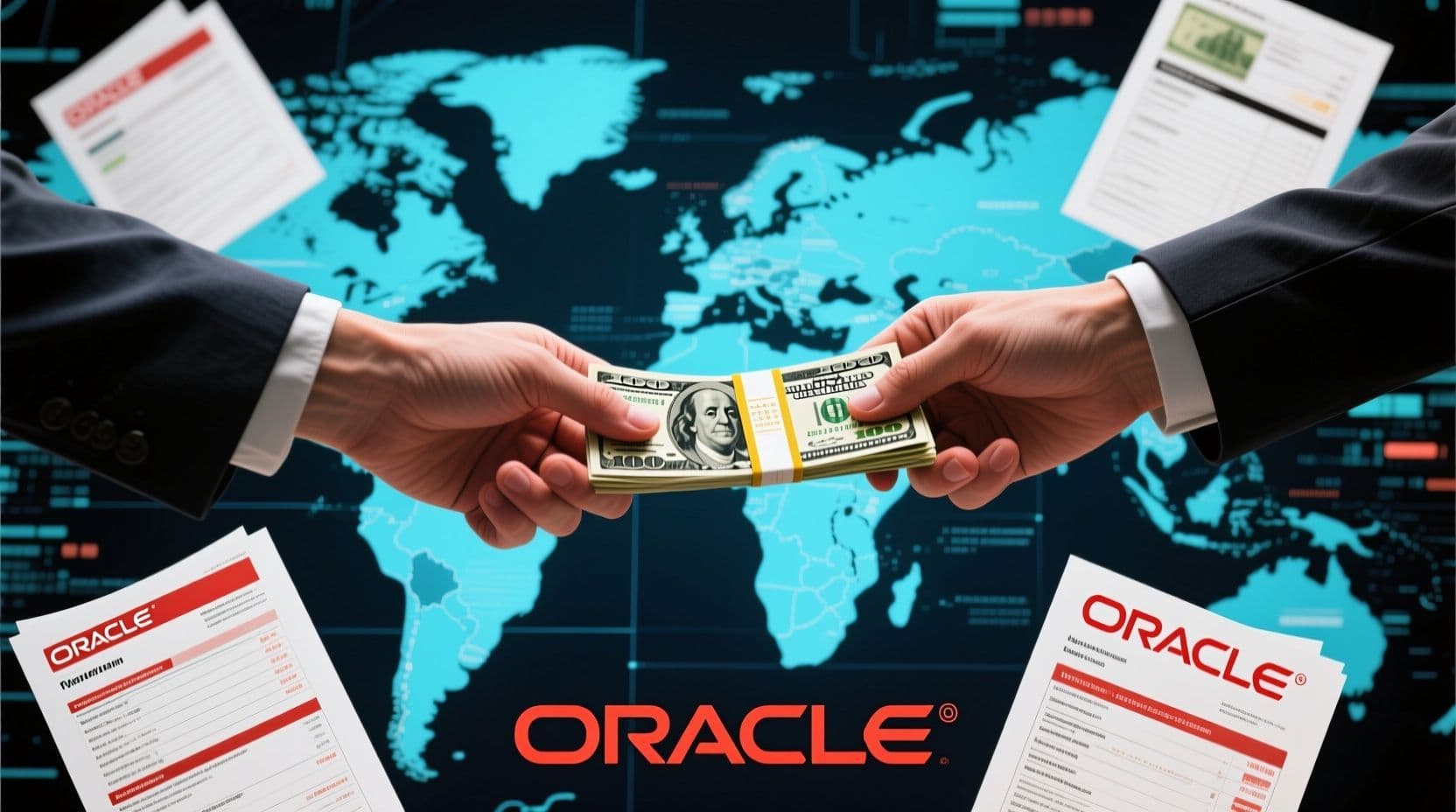Oracle 1, ATO 0, and taxpayers everywhere are taking notes.
The Big Picture: On Tuesday, Australia’s Full Federal Court hit “pause” on a bruising A$250 million fight between Oracle and the Australian Taxation Office so the tech giant can first try the treaty-based mutual agreement procedure (MAP). The decision, Accounting Times reports, could reshape how multinationals pick their battlegrounds, a trend that resonates with evolving domestic frameworks like those detailed in Nigerian Tax Laws 2025 - Comprehensive Tax Reform Legislation.
The Details:
* The case turns on whether payments from Oracle Australia to Oracle Ireland are royalties, a label that would trigger higher withholding tax under the Australia-Ireland treaty.
* Rather than juggle court deadlines and treaty talks, the judges granted a stay, echoing Oracle’s pitch that MAP is a “genuine dispute-resolution mechanism” for those looking to understand tax fundamentals, a useful resource is the Introduction To Nigerian Tax Laws.
* Angelina Lagana, head of tax controversy at Corrs Chambers Westgarth, told Accounting Times the ruling "preserves taxpayer choice" and signals courts will often step aside when MAP is on the table.
* Just a day earlier, International Tax Review flagged the strategic win for Oracle’s advisers at Herbert Smith Freehills and Kramer Levin.
Why It Matters: The reaction was swift: transfer-pricing pros say the ruling could encourage more groups to invoke MAP before (or instead of) duking it out domestically. With Pillar Two rules layering extra complexity, a flexible playbook for treaty disputes just became board-room gold , an approach reminiscent of shifts in domestic tax strategy, as seen in Nigeria’s New Tax Playbook Ruffles Aviation, Woos Big Tech.
Around the Tax World
- Brazil bets big on a brand-new VAT… but questions swirl over how old levies will overlap with the shiny Contribution on Goods and Services (CBS) and Tax on Goods and Services (IBS), International Tax Review warns.
- UN tax committee’s new homework: Working groups will draft guidance on tourism transfer pricing and critical minerals, acknowledging “tax evasion in that sector,” Bloomberg Law notes.
- Pillar Two’s price tag: Compliance could cost EU-headquartered multinationals up to €3.4 million a year, according to fresh modelling by the Tax Foundation.
- E-invoicing goes mainstream: Deloitte’s latest brief says governments are “plugging in” real-time data feeds to close VAT gaps, pushing businesses to overhaul billing systems (Deloitte).
Tax Stat of the Day
A$250 million, the size of Oracle’s dispute now parked while MAP takes the wheel.
Looking Ahead
All eyes now turn to the UN committee’s next meeting early in 2026, where draft tourism transfer-pricing rules are expected to land on the agenda.
Prepared by MyTax - mytax.com.ng
